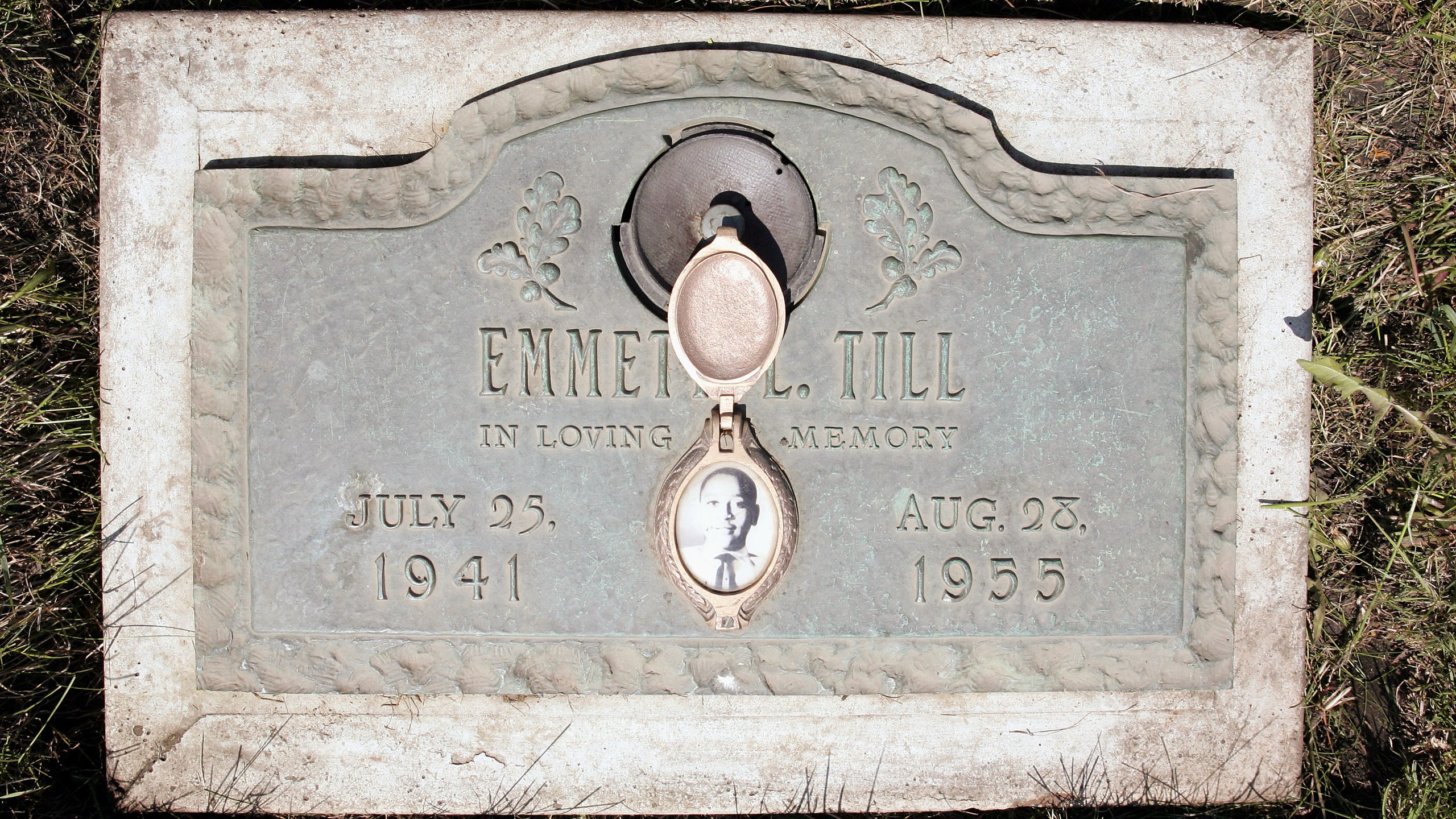
A bill long overdue: U.S. House of Representatives pass bill making lynching a federal hate crime
The “Emmett Till Antilynching Act” comes nearly 65 years after Till’s murder, and is one of nearly 200 attempts to pass such legislation.
As far back as the early 19th century, lynching was commonly used as a method of maintaining white supremacy in the United States.
According to the NAACP, from 1882-1968, 4,743 lynchings occurred in the United States — of these people that were lynched 3,446 were black, accounting for nearly 73% of those lynched.
Among the thousands of those lynched included Emmett Till, the 14-year-old boy from Chicago who was kidnapped, tortured and brutally murdered after being wrongfully accused of whistling at a white woman in Mississippi in 1955. The two men charged with the murder were later acquitted by an all-white male jury.
On Feb. 26, the U.S. House of Representatives passed The “Emmett Till Antilynching Act” by a bipartisan vote of 410-4. The bill specifies that lynching would be considered a hate crime under federal law.
“Lynching, plain and simple, is an American evil,” said Congressman Bobby Rush, who introduced the bill in January 2019. “This atrocity is comparable to the French use of the guillotine, the Roman Empire’s use of crucifixion, and the British use of drawing and quartering as a tool of terrorism. And, for too long now, federal law against lynching has remained conspicuously silent.
“Today, we will send a strong message that violence —and race-based violence, in particular — has no place in American society,” he added.
This House’s passing of this bill was the latest of, reportedly, nearly 200 attempts, to pass anti-lynching legislation in the United States since 1900.
While lynching, specifically, hasn’t accounted for as many deaths in recent years, reminders of it, along with other forms of hate crimes, still widely exist across the country.
RELATED CONTENT
"Even today, periodically, you hear news stories of nooses being left on college campuses, worker locker rooms, to threaten and terrorize African Americans — a vicious reminder that the past is never that far away," U.S. House member Karen Bass told NPR.
The “Emmett Till Antilynching Act” is a revised version of the “Justice of Victims of Lynching Act” that was first introduced in June 2018 by Senators Kamala Harris, Cory Booker, and Tim Scott. It was unanimously passed by the Senate in December 2018.
In 2008, a memorial sign for Till was installed near the Tallahatchie River just outside of Glendora, Mississippi — the location in which his body was found. In the decade-plus since the first installment, the sign has been vandalized and replaced several times.
This goes to show the level of vitriol that still exists across our country, and is further proof that we are not in this “post-racial society” that is often described.
Only time will tell if the bill will officially be signed into law. However, the number of years and attempts to make lynching a federal crime shows how glaring the fight for civil rights continues to be, and further perpetuates the white supremacist framework that continues to permeate across the nation.











LEAVE A COMMENT: